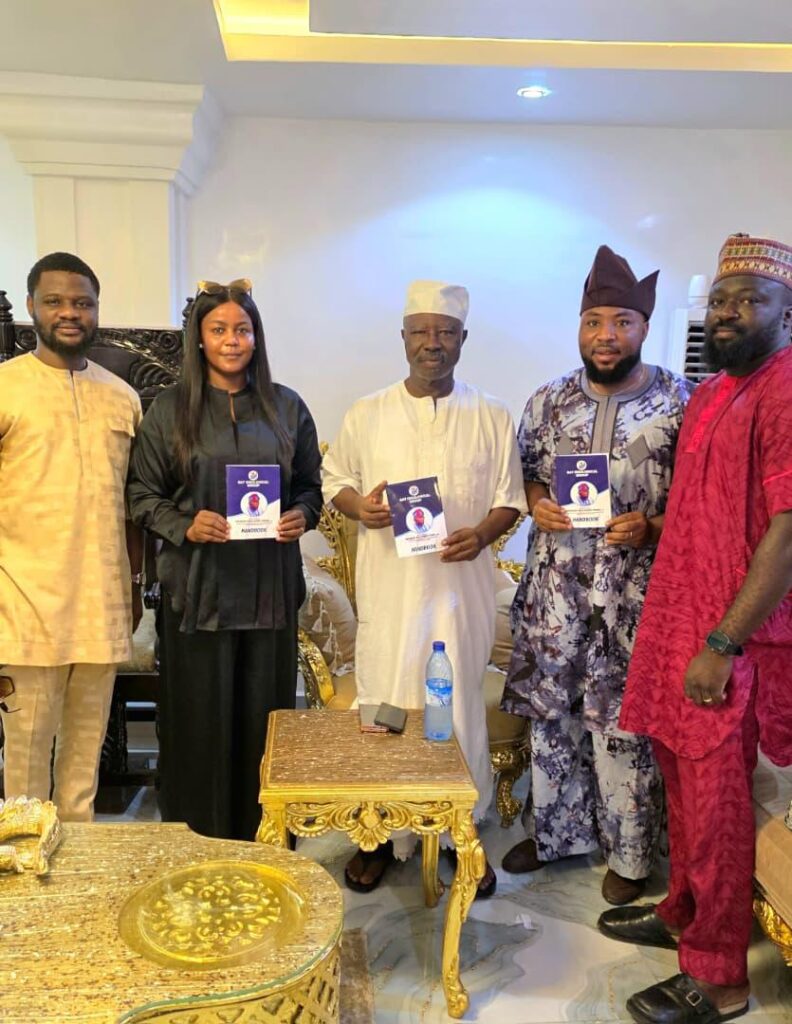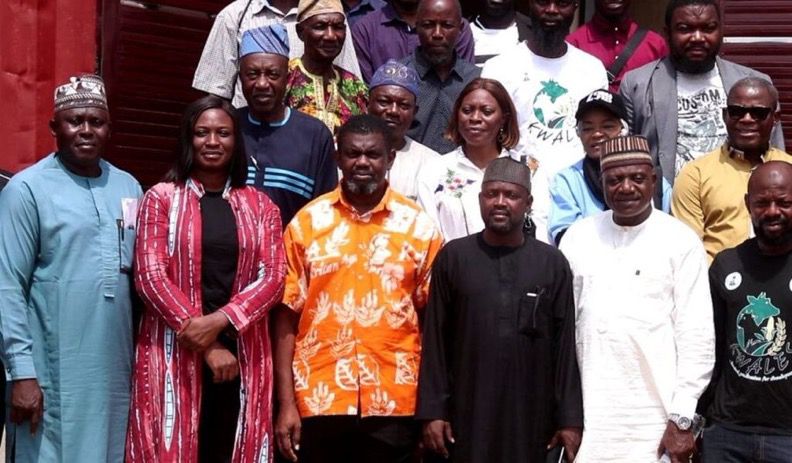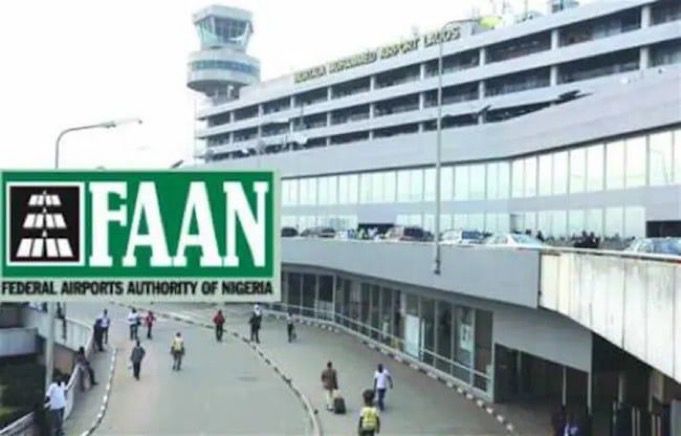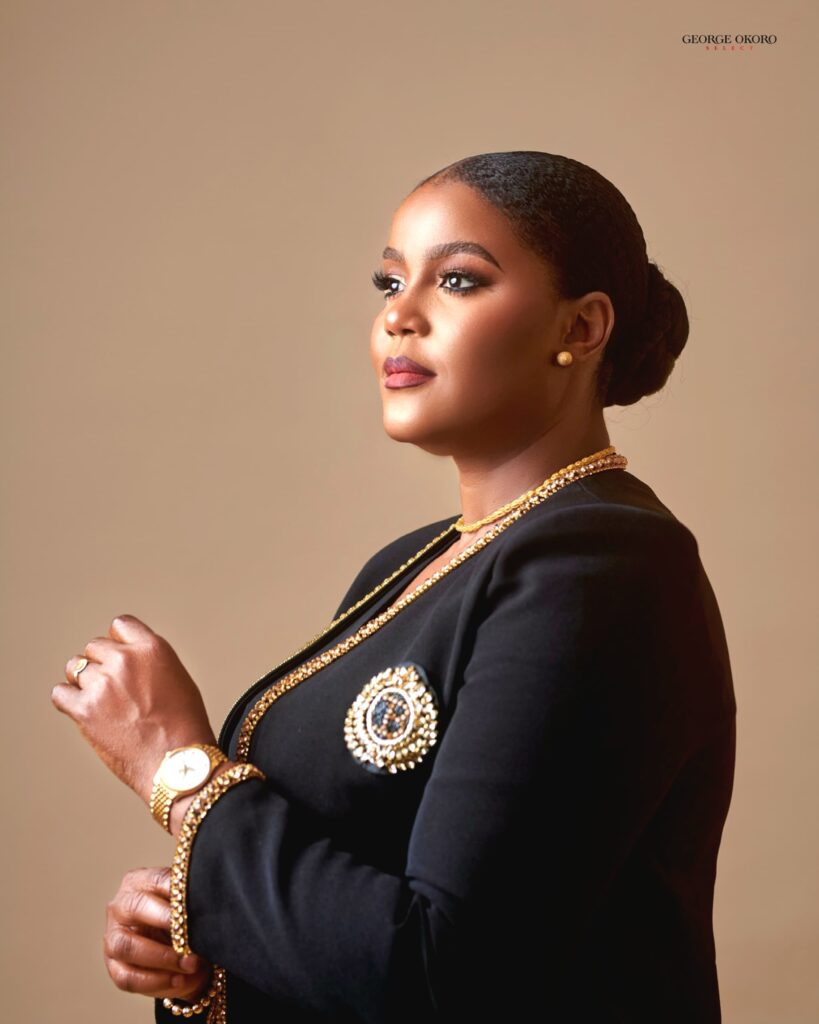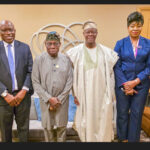Anioma People Faced Ethnic Cleansing, Forced to Deny Igbo Identity, Senator Nwoko Recalls
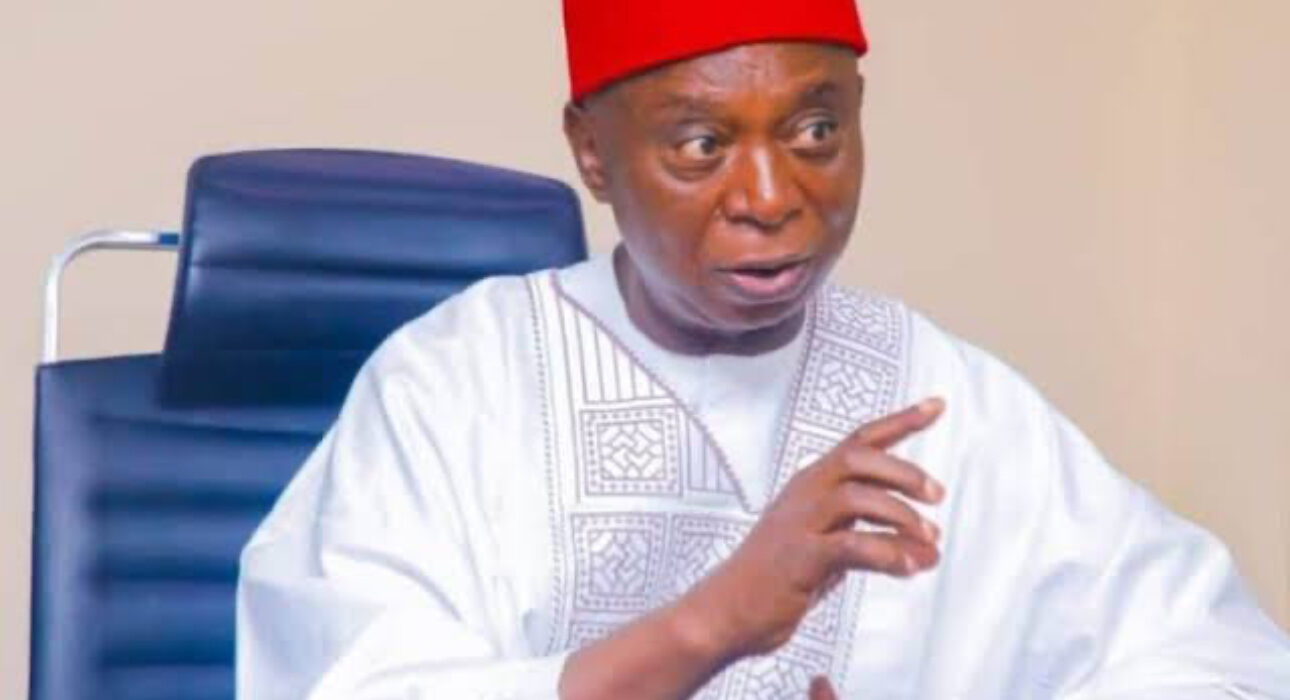
Senator Ned Nwoko has stirred debate over the identity of the Anioma people of Delta State, recounting how many were compelled to deny their Igbo roots during the Nigerian Civil War in order to survive.
Speaking at the “Igbo Bu Ofu” (Igbos Are One) conference organised by the Igbo Unification Movement in partnership with the Ndi na Asu Bia Socio-Cultural Organisation, the lawmaker representing Delta North shared a personal memory from 1967.
According to him, as a nine-year-old during the war, his parents instructed him to deny being Igbo because of the dangers posed by ethnic cleansing at the time.
“During the genocide against the Igbo Nation, I was nine years old. My parents told me to say I am not Igbo if asked, just to survive. That was the reality of the time,” he told participants at the event.
Nwoko insisted that the Anioma people remain an integral part of the Igbo nation and should not succumb to historical narratives that separate them from their kinsmen east of the Niger.
“There is no argument about our Igbo-ness. I know clearly that we, the Anioma, are Igbo. The time has come to embrace our identity fully,” he declared.
Beyond identity, the senator renewed his advocacy for the creation of an Anioma State, with Asaba as its capital. He described it as both a corrective measure for historical imbalances and a fulfillment of Ohanaeze Ndigbo’s vision of Anioma as one of the Igbo states. “Anioma must stand tall with its own state,” he said, stressing that such recognition would strengthen Igbo unity and political representation.
Nwoko also distanced the movement from partisan politics, noting that his position was not driven by any personal political ambition. “This is not about APC, PDP, or Labour Party. It is about identity, justice, and fairness. I have no interest in being governor; my focus is on our collective future,” he said.
The senator further acknowledged scholars such as Professor Abigail Ogwezzy of the University of Lagos, whose linguistic and cultural research has traced the Anioma people’s Igbo heritage. He urged cultural groups and community leaders to continue driving grassroots mobilization, adding that only collective effort could cement the Anioma place within the wider Igbo family.
“The Igbo man is Igbo everywhere. Anioma must rise to embrace its identity. Only through unity can we achieve the dream of a stronger Igbo nation and the creation of Anioma State,” Nwoko concluded.


